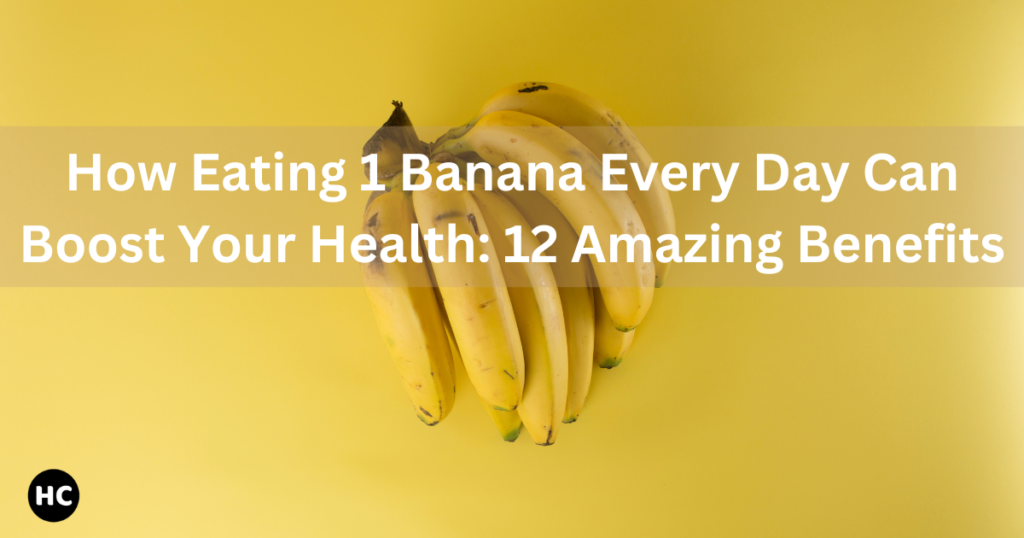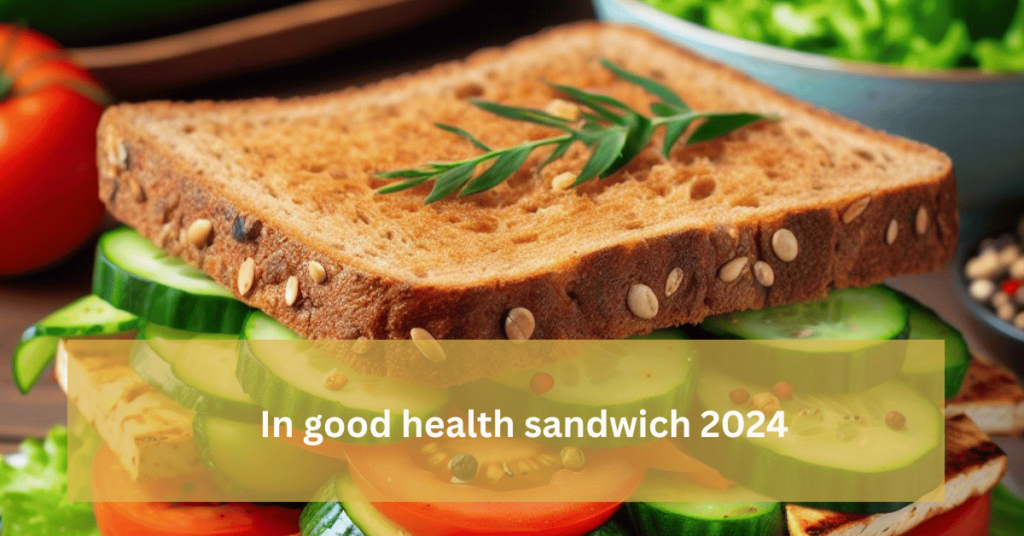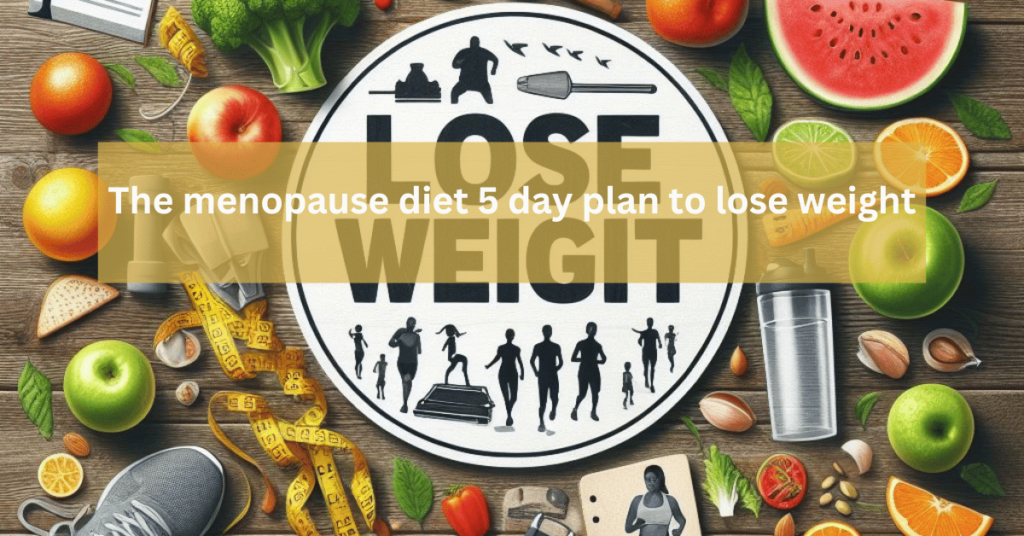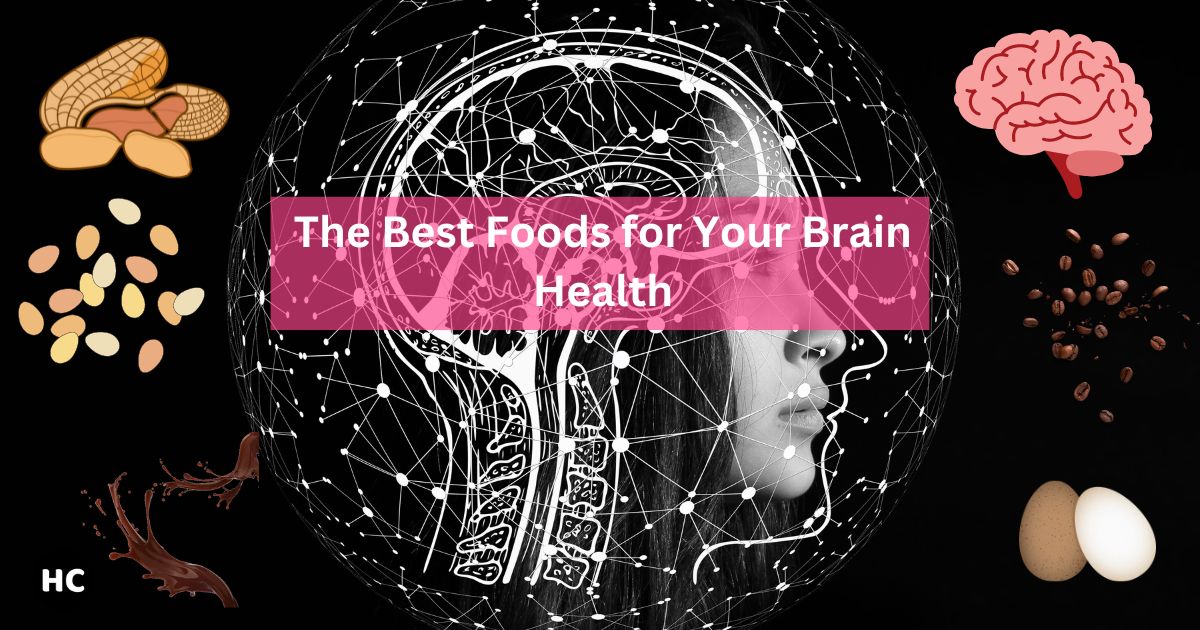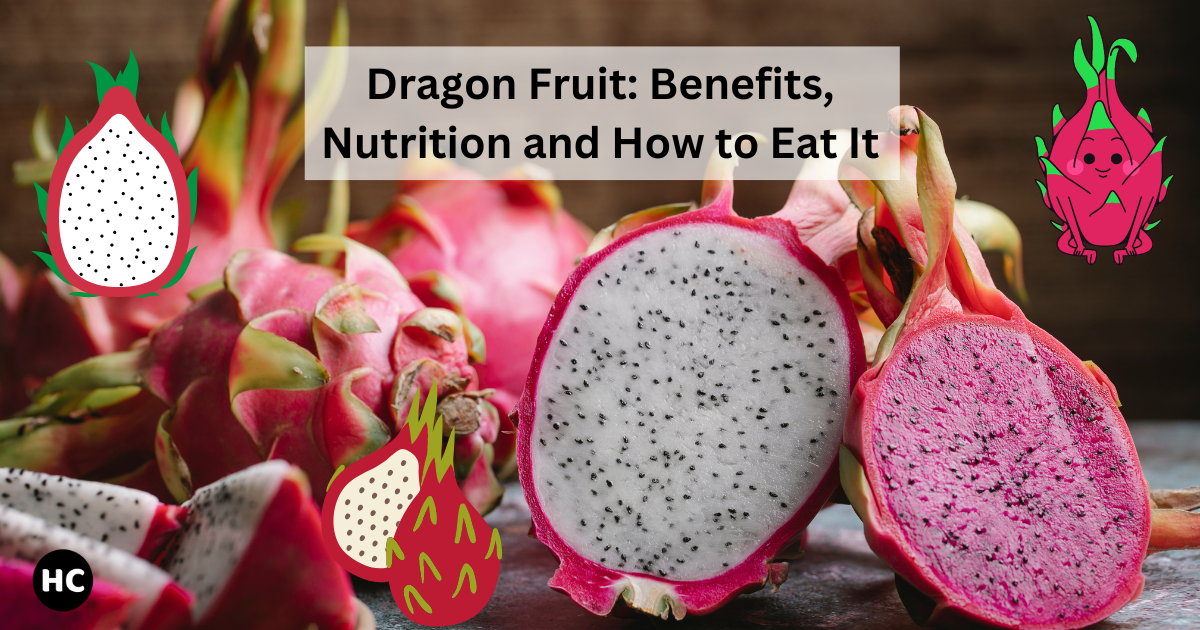The healthiest, most practical, tastiest and least expensive fresh fruit you can purchase is the Banana? They are a fantastic option for anyone who wants to eat healthy. Despite being native to Southeast Asia, they are widely available since they grow anywhere there are warm temperatures. The entire globe enjoys bananas and almost everyone concerned about their health includes them in their diet. That’s because the golden curved fruit has numerous health advantages.
The nutritional advantages of bananas, including their high fiber and potassium content, which both assist in hydration. Let’s start by enjoying the excellent health benefits bananas have to offer.
Bananas are classified as a member of the Musa family of flowering tropical plants, which is known for its unusually clumped banana fruit at the top of the plant. The American Medical Association recommended bananas as a healthy diet for kids and a therapy for celiac disease in the early 20th century.
Bananas are nutrient-dense and may even have the distinction of being the first superfood. Numerous bioactive substances found in bananas, including phenolics, carotenoids, biogenic amines and phytosterols, are desirable in the diet because of their beneficial impact on human health and well-being.
Numerous of these substances have antioxidant properties and work well to defend the body from various oxidative stressors. Humans once used bananas successfully to cure several illnesses, including lowering the risk of many chronic degenerative ailments.
Bananas are usually a part of a diet rich in fruits and vegetables that is balanced. Bananas, often known as the fruit with the yellow skin that ages on your kitchen counter until it’s way too brown, are a contentious fruit for many.
Nutrients
Banana come packed with antioxidants and a decent quantity of fiber. The total calories in one regular-sized banana are naturally low (about 125 grams). The calorie distribution is broken down as follows: zero grams of fat, 1 gram of protein, 30 grams of carbs, 3 grams of fiber, 12% of the daily value for vitamin C, 7% of the daily value for riboflavin and 6% of the daily value for folate.
Not to mention 11% of copper of the daily value, 10% potassium, 8% magnesium and 5% of the daily value for niacin. They don’t contain any fat or much protein and nearly all of the 112 calories in the banana come from water and carbohydrates.
Bananas also contain a lot of fiber and antioxidants and are a great source of protein. Green unripe bananas include primarily carbohydrates and resistant starch (an undigestible fiber). The fruit’s flavor gets sweeter and its fiber content decreases as it ripens.
Blood Glucose
Soluble fiber is abundant in bananas. Soluble fiber creates a gel by dissolving in fluids during digestion. It’s the cause of the sponge-like feel of bananas. Together soluble and indigestible fiber may reduce blood sugar levels following a meal and they could suppress appetite by delaying stomach emptying. This indicates that despite having more carbs than other fruits, bananas won’t significantly raise your blood sugar levels in healthy people.
Although people with diabetes can eat bananas, it’s not advisable to eat a lot of them at once. Bananas can improve your mood.
Improve Your Mood
Bananas contain the amino acid tryptophan, which the body turns into the feel-good neurotransmitter serotonin. This molecule in the brain is believed to promote relaxation, boost mood, reduce anxiety and make people overall happier.
It is challenging to increase blood levels of tryptophan through diet alone. Although animal studies reveal a possible link between a banana diet and anxiety and depression diseases, this is likely due to bananas’ antioxidant content rather than their tryptophan concentration.
Heart Health
The mineral-rich potassium content in bananas is essential for maintaining heart health, particularly for controlling blood pressure. Few individuals get enough potassium in their diets despite its significance. A medium-sized banana (126 grams) provides you can lower your blood pressure by eating a diet high in potassium.
Bananas have 8% of the daily value for magnesium, another element crucial for heart health. A lack of magnesium may increase the risk of heart disease, raise blood pressure and increase fat blood levels. You must consume enough of the mineral through food or supplements.
Digestive Health
An average medium banana contains 3 grams of fiber. Unripe bananas contain resistant starch, a form of fiber that is prebiotic. Better digestion is one of the several health benefits of dietary fiber. Prebiotics cannot be digested and instead wind up in the large intestine where they feed the good bacteria in your stomach.
Pectin which is present in ripe and unripe bananas may aid in preventing constipation and softening stools. Pectin has even been connected to test tube research indicating that it may aid in colon cancer prevention. However human studies are still needed to confirm this benefit.
Weight Loss
The direct impact of bananas on weight loss has not been investigated. However a few qualities in this well-known fruit could help with weight loss.
First off there aren’t many calories in bananas although a banana typically has more than 100 calories it’s nourishing and filling Numerous studies have connected eating more fiber-rich foods like fruits and vegetables to reducing body weight and weight loss.
Unripe bananas are also loaded with resistant starch If you want to eat unripe bananas try preparing them the same way you would plantains.
Antioxidants
Bananas like other fruits and vegetables are a rich source of antioxidants. Two types of solid antioxidants flavonoids and amines are present These antioxidants have numerous health benefits including lower risk of cardiovascular disease and degenerative disorders.
They aid in preventing the oxidative harm that free radicals do to your cells Without antioxidants free radicals can accumulate over time and harm the body.
Diabetes
- Arrest diabetes since fruit contains fiber; The American Diabetes Association recommends eating bananas and other fruits. They point out that consuming fiber can help blood sugar levels decline.
- A study also suggests that a high fiber diet May lower blood sugar levels in those with type 2 diabetes and lower the risk of developing the condition.
- Several studies suggest that regularly consuming resistant starch such as that found in unripe bananas may increase insulin sensitivity. This may increase your body’s sensitivity to the hormone that regulates blood sugar.
Renal Health
- Enhance renal health bananas are an excellent source of potassium which may be especially beneficial for supporting healthy kidney function.
- Study suggests that potassium is essential for maintaining good kidney function and controlling blood pressure. It also shows a relationship between potassium and lower blood pressure and a slower course of renal disease in over chronic kidney disease.
- However some individuals with Advanced kidney disease or those undergoing dialysis need to limit their potassium consumption before you boost your potassium consumption ask your family physician for a checkup to be sure.
Post-workout Recovery
- Bananas are a fantastic source of nutrition before during and after physical activity, it’s been stated that bananas are the optimal food for athletes this is mostly because they include easily digestible carbohydrates and electrolyte functioning minerals potassium and magnesium during intense exercise. Your sweat contains electrolytes that you lose you may lessen exercise-related muscular cramps and soreness by replenishing your body with potassium and magnesium after sweating such as eating a banana.
Complete Food
- Included in your diet as a complete food, not only are bananas wonderfully healthy, but they’re also one of the most practical snack foods available. Bananas are a more filling snack than other foods like processed or sugary boxed snacks because they’re low in calories and high in fiber. They’re an excellent topping for whole grain toast with peanut butter, yogurt, cereal, smoothies. Even better, you can substitute them for sugar when baking cooking.
- Bananas are also quite simple to transport and eat. They typically digest smoothly and are well tolerated. All you have to do to prepare them is peel them. So all in all, banana is a common fruit with numerous possible Health advantages. Because of their fiber and antioxidant content, they may improve your digestion and heart health. They’re nutrient-rich and low in calories. They may Aid in weight loss. Unripe green and ripe yellow bananas can both satisfy your sweet tooth and keep you healthy.
Conclusion
Incorporating bananas into your daily breakfast routine offers a myriad of health benefits. From promoting heart health and aiding digestion to potentially aiding in weight loss, bananas stand as a versatile and nutritious fruit choice. Embrace the power of this yellow superfood and enjoy a healthier start to your day.
FAQ
Can bananas help with weight loss?
While direct studies on banana’s impact on weight loss are limited, their high fiber content and low calorie count make them a filling and nutritious snack, potentially aiding in weight management.
Are bananas suitable for diabetic individuals?
Yes, bananas contain fiber which can help regulate blood sugar levels. However, moderation is key, especially for those with diabetes, to manage carbohydrate intake.
How do bananas benefit heart health?
Bananas are rich in potassium, which is essential for maintaining healthy blood pressure levels, thus supporting heart health. Additionally, their fiber content may help reduce the risk of cardiovascular disease.
What could be better than a banana for breakfast every day? It’s a complete food that’s also filling and nourishing.
Are you adding this fruit to your breakfast?
Let us know in the comments below.


